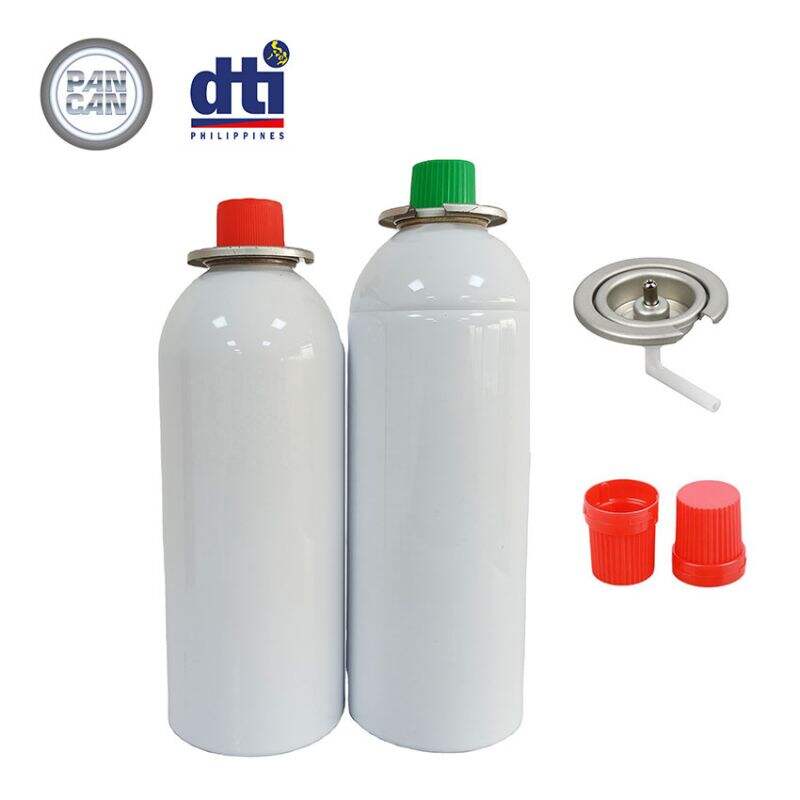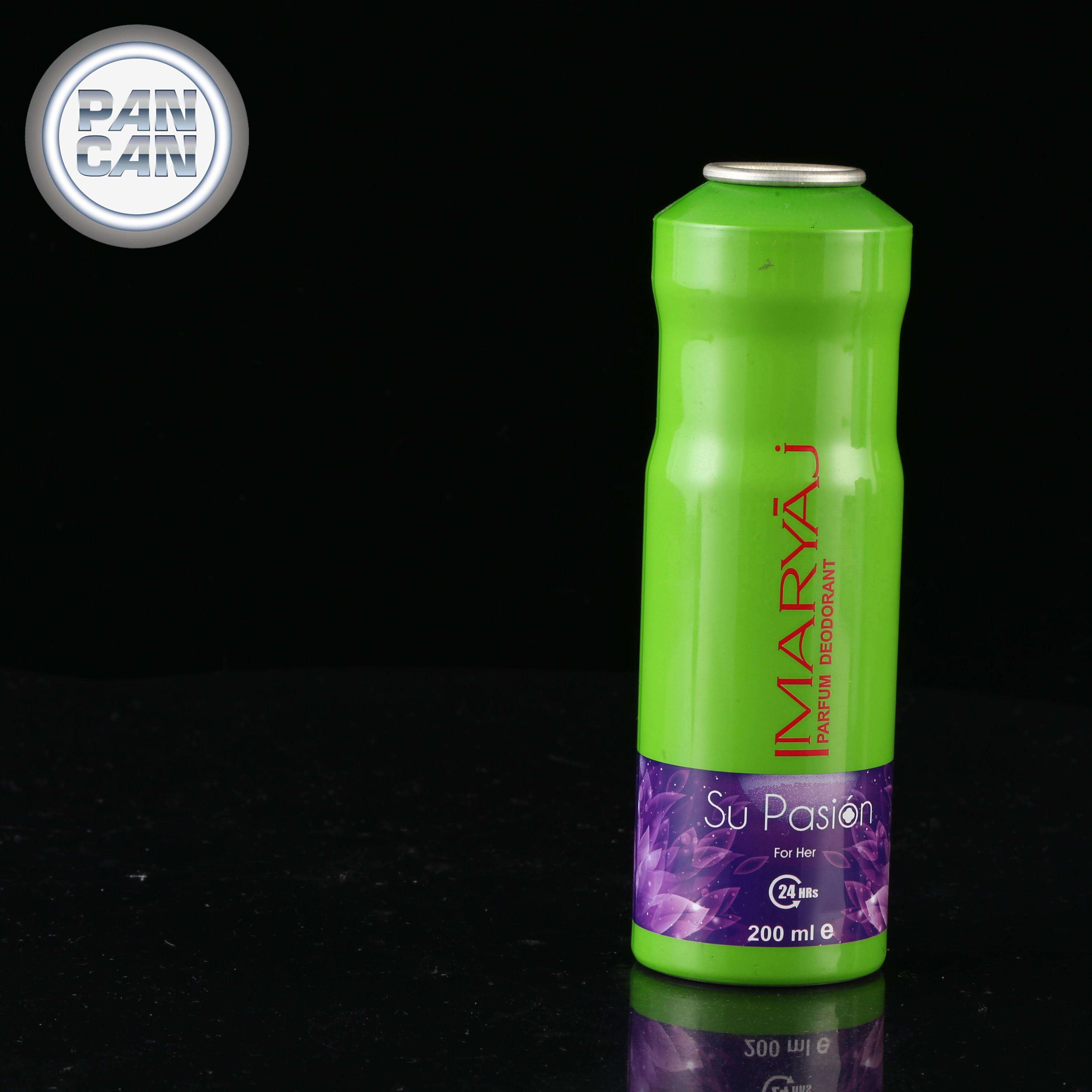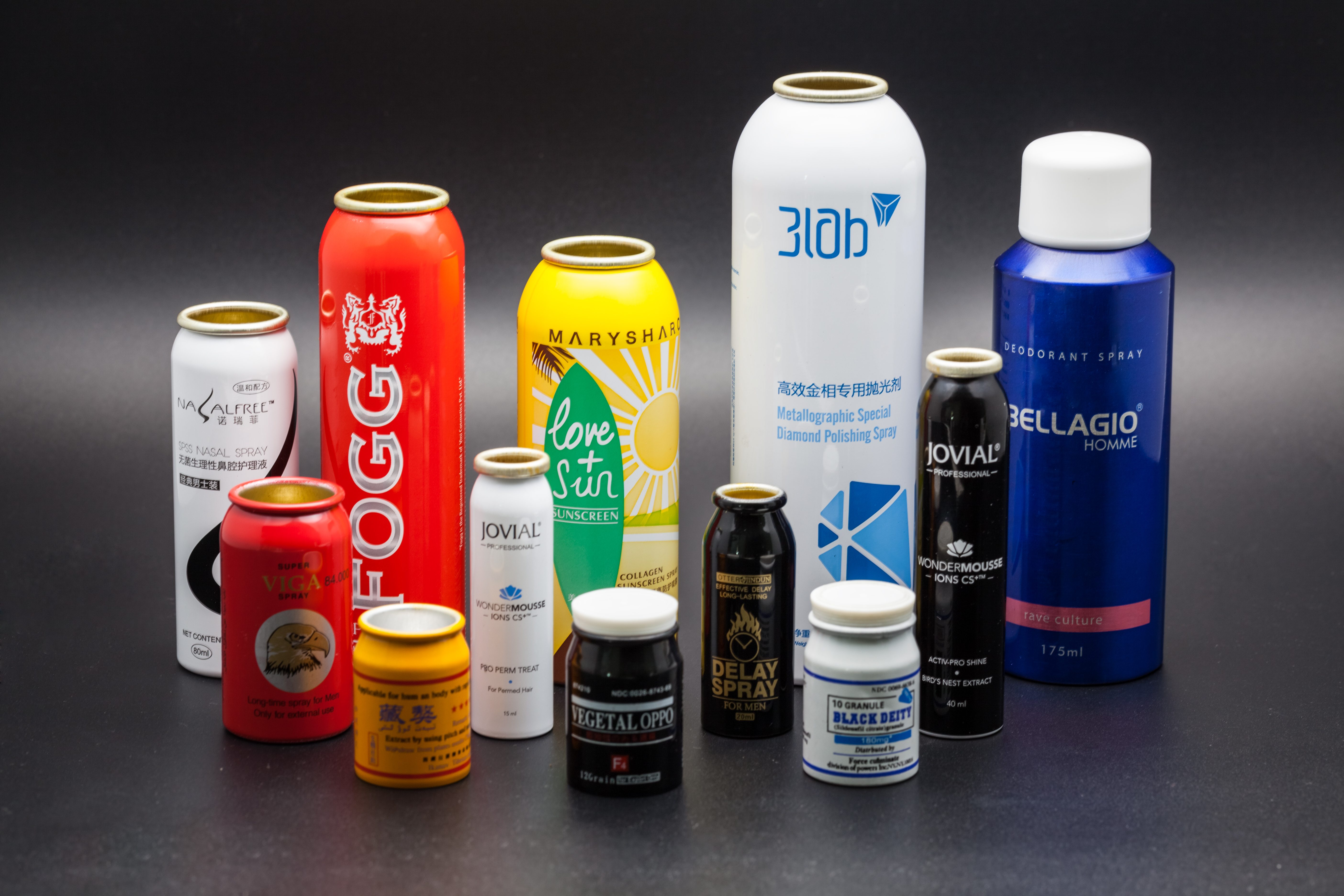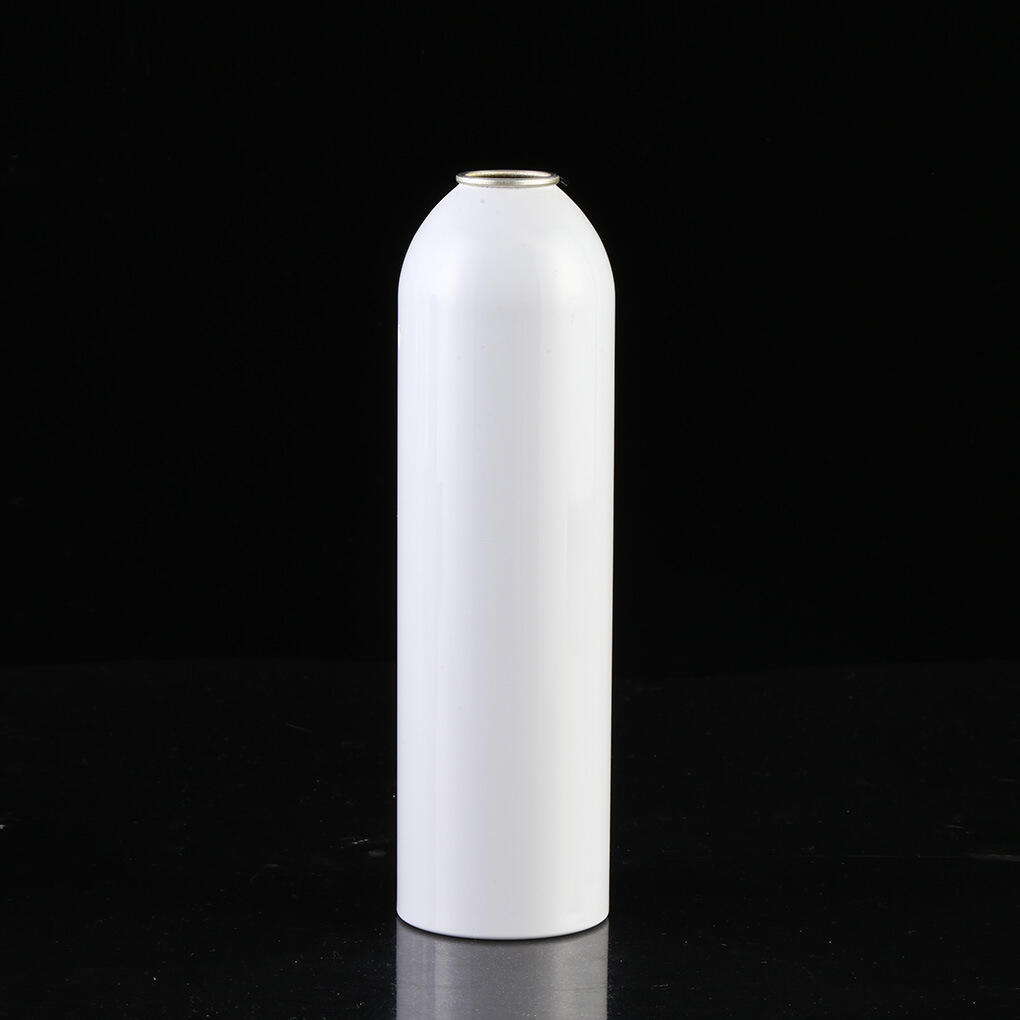recikliranje aerosoli
Recikliranje stekleničk z aerosoli predstavlja pomemben okoljski proces, ki uporabljene pod tlakom zaprte posode pretvori v cenjene surovine, hkrati pa preprečuje kopičenje nevarnega odpadka. Ta celovit sistem recikliranja rešuje posebne izzive, s katerimi se soočajo posode za aerozole, saj vsebujejo ostanke pogonskih plinov in kemične snovi, ki zahtevajo specializirane postopke ravnanja. Proces recikliranja stekleničk z aerosoli zajema več tehnoloških stopenj, ki se začnejo z zbiranjem in razvrščanjem, sledi dekomprimacija, odstranjevanje vsebine ter pridobivanje materialov. Moderni reciklažni obrati uporabljajo napredne sisteme za prebadanje, ki varno izpustijo preostale pline in tekočine v nadzorovanih pogojih, kar zagotavlja varnost delavcev in zaščito okolja. Glavne funkcije recikliranja stekleničk z aerosoli vključujejo pridobivanje materialov, pri čemer se aluminijaste in jeklene komponente ločijo in obdelujejo za ponovno uporabo pri izdelavi novih izdelkov. Ti kovinski materiali ohranjajo svojo strukturno trdnost tudi po več ciklusih recikliranja, zaradi česar so neprekinjeno reciklabilni viri. Tehnološke značilnosti vključujejo sofisticirane ločevalne tehnike, kot sta magnetno razvrščanje ferih materialov in ločevanje z vrtinčnimi tokovi za aluminijaste dele. Avtomatizirani transportni sistemi prevažajo posode skozi različne faze obdelave, medtem ko posebna drobilna oprema zmanjša prostornino za učinkovitejši prevoz. Nadzorne ukrepi zagotavljajo, da pridobljeni materiali ustrezajo industrijskim standardom glede čistosti in sestave. Področja uporabe recikliranja stekleničk z aerosoli segajo na številna področja, vključno s proizvodnjo avtomobilov, gradbeništvom, embalažo in proizvodnjo potrošniških izdelkov. Recikliran aluminij postane surovina za nove posode z aerosoli, pijačne pločevinke, avtomobilske dele in gradbene materiale. Jeklene komponente najdejo uporabo pri armaturi v gradbeništvu, gospodinjskih aparatih ter proizvodnji industrijske opreme. Postopek recikliranja omogoča tudi pridobivanje cenjenih pogonskih plinov in kemičnih snovi s tehnikami destilacije in čiščenja, kar omogoča njihovo ponovno uporabo v ustrezne namene. Sistemi za spremljanje stanja okolja beležijo emisije in tokove odpadkov med celotnim procesom recikliranja stekleničk z aerosoli, s čimer zagotavljajo skladnost z regulativnimi standardi in zmanjšujejo ekološki vpliv. Ta celoviti pristop potencialne okoljske nevarnosti pretvori v cenjene vire in hkrati podpira načela krožnega gospodarstva.















